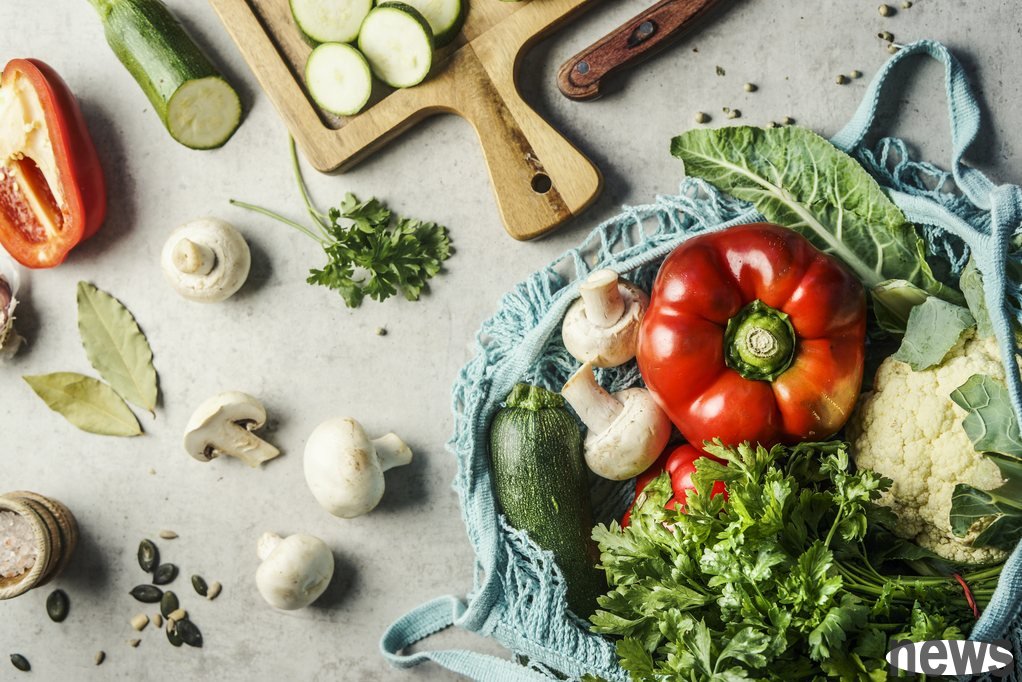Vegetables are the cornerstone of a healthy and balanced diet, and they are rich in essential vitamins, minerals, fibers and antioxidants to support human health. But is it true that raw vegetables are healthier than cooked ones? What are the benefi...

Vegetables are the cornerstone of a healthy and balanced diet, and they are rich in essential vitamins, minerals, fibers and antioxidants to support human health. But is it true that raw vegetables are healthier than cooked ones?
What are the benefits of raw vegetables?Fresh vegetables are rich in fiber and various trace nutrients, which can support overall health, increase energy levels and reduce the risk of a variety of chronic diseases.
For example, the dietary fiber in fresh vegetables can support kidney health by aiding digestion and promoting regular bowel movements. These fiber-rich vegetables are also the perfect source of probiotics, helping to grow healthy bacteria in the kidney microbiome and away from digestive diseases.
In addition, fiber-rich foods can increase the footing feeling of two meals without significantly increasing daily calorie intake, thereby supporting weight management.
Fresh vegetables can also support immune function, partly because they contain immune-enhancing nutrients. Many vegetables are rich in vitamin C and irrigation, which is important for the normal operation of the immune system.
Eating raw vegetables can help fight free radicals in the body and reduce the risk of various chronic diseases. Fresh vegetables are also rich in antioxidants, such as vitamin C, β-Hussin and plant polyphenols, which can improve skin health and prevent premature aging.
How does cooking affect vegetables?Exposing vegetables to high temperature during cooking will affect their nutrients in various ways, which are both positive and erosive. Although the effects of different vegetable types may vary, they include:
1. Softening of fibersCooking vegetables can soften their fiber content, making it easier for most people to digest. However, overcooking can significantly reduce its fiber content, thereby reducing its potential benefits for kidney health.
2. Reduce vitamin contentHigh temperature and long-term cooking will lead to the loss of water-soluble vitamins, such as vitamin B group and vitamin C, but fat-soluble vitamins are not affected, such as vitamins A, D and E.
3. Reduce oxalic acid saltThe oxalic acid salt in vegetables will combine with calcines and lead to the formation of cinnabar stones, which can reduce the absorption of oxalic acid salt through cooking.
4. Destruction EnzymePlant enzymes help decompose nutrients and promote digestion, while cooking can destroy some enzymes in vegetables. But when the function is normal, the body will produce enough enzymes to help the digestion process without adding plant enzymes.
5. Helps kill bacteriaVegetables can reduce the risk of bacteria-taining food that cannot tolerate heat.
Is it healthier to eat raw or cooked?Nutrition is highly personal, and choosing raw or cooked vegetables depends on a variety of factors, including medical history, personal preferences and dietary needs. Nevertheless, raw and cooked vegetables can provide rich nutrition.
Benefits of raw food. Retain some of the nutrients, such as water-soluble vitamin content.
. It helps to replenish moisture due to its high moisture content.
. Lower calories and calcification content.
Preparation of cooked food. Improves flavor and texture.
. Improve the absorption of certain nutrients, such as β-Hussil.
. Improve digestion due to decomposition of fibers.